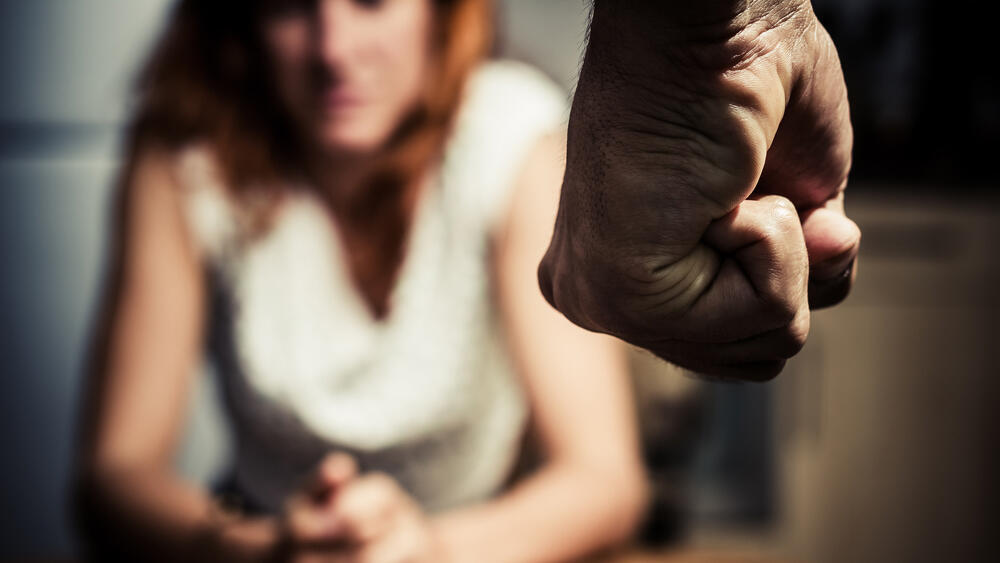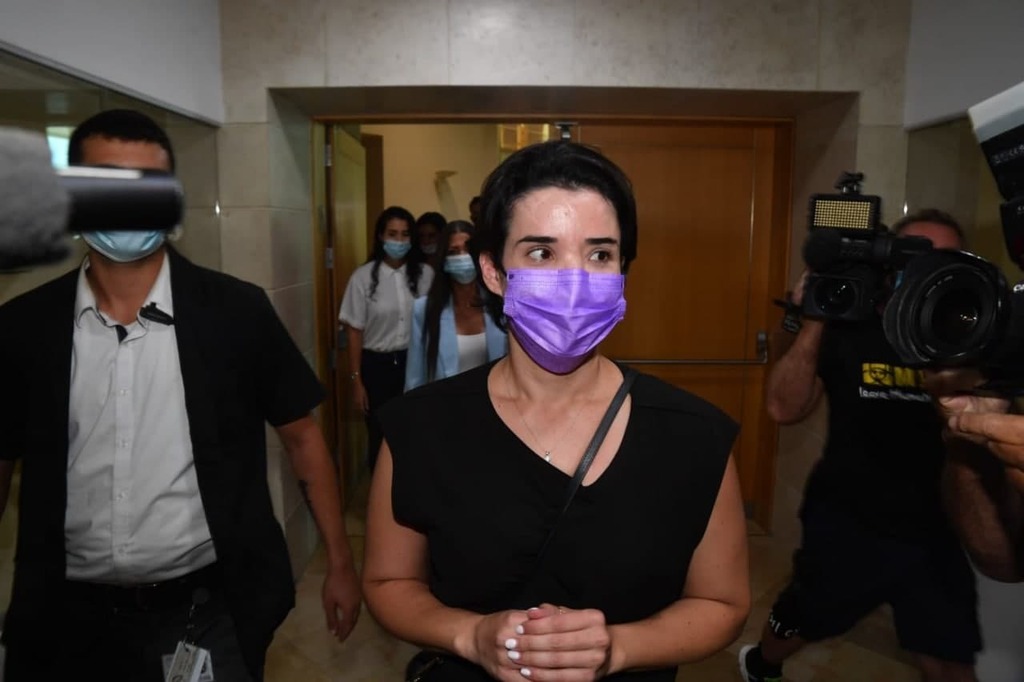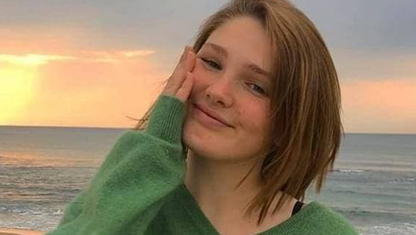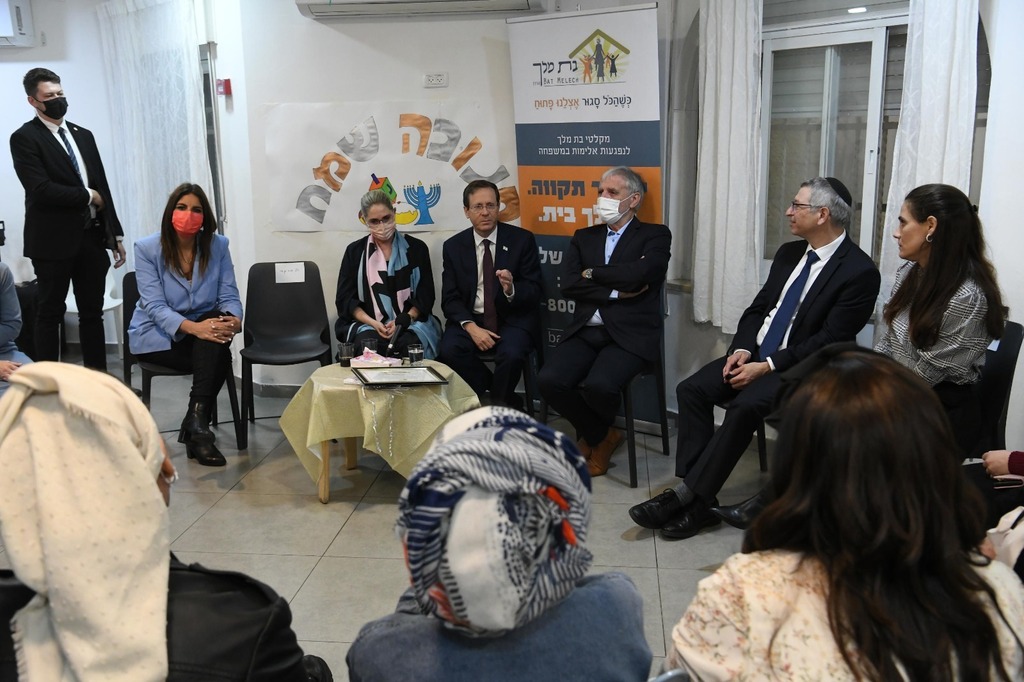While our forefathers believed the people of Israel are "the enlightened" ones, the recent and worrying uptick in violence, rape, and murder of women across the country proves otherwise.
Throughout the week leading up to November 25, which is International Day for the Elimination of Violence against Women, the media, politicians and activists - all have given the issue an unprecedented level of attention.
And while attention and exposure are important, the issue must be discussed far more regularly, and a measly one week out of the whole year is simply not enough.
This horrendous phenomenon of violence against women must be talked about and treated on a daily basis.
Girls, teenagers and adult women have all been exposed to violence, be it within their own family - from which many cannot simply escape on their own - or out in the world.
One prominent case that brought the issue to the center of the public's attention earlier this year was the case of Shira Isakov, who survived attempted murder at the hands of her husband, Aviad Moshe, thanks to her own resilience - as well as her neighbor Adi Guzi - who rushed to save the woman when she heard the screams coming from the their house.
Another case is the horrendous murder of 17-year-old Yael Malnik, who was killed by an orderly at the shelter she lived in.
Since the start of 2021, at least 21 women were murdered by their spouse or partner. Most of their names have been all but forgotten by the public.
The same goes for the majority of sexual violence victims, many of whom find themselves at the mercy of rich and powerful superiors, who believe they can simply ignore or even shred any evidence of misconduct.
In 1994, when my then-fellow MK Yael Dayan and me formed a parliamentary inquiry on the issue, the number of women murdered by their partners was pretty much the same as it is today.
This means only one thing: Nothing changed in the last 26 years despite the various associations formed, shelters constructed, politicians vowing to eradicate the problem, the media coverage, or the various campaigns meant to raise awareness.
But, we can also point to some positive changes. Back in 1994, Knesset had only 11 female MKs and only two female ministers. Today the government has nine cabinet ministers and no less than 36 female lawmakers.
The current government even allocated funds from the state budget for 2021-2022 to finally implement the national program for the eradication of violence against women - a plan previously approved in 2017 by the Netanyahu administration, who did not see fit to allocate resources for its actual implementation.
And while this is indeed a good omen, it is not enough.
All the traditional tools we have used so far to protect women both young and old must be re-examined.
Does our society offer adequate protection to women who suffered from violence? Is sequestering them in shelters for a year or two really the right solution? Does the state provide in-depth and satisfactory treatment to violent men?
The recent wave of violence is a wake-up call to all the MKs and ministers in our Knesset - be they male or female.
The issue is a state-wide issue that is not restricted to one gender only.
Too little has changed. The prevalent issue of violence against women necessitates nothing less than a revolution of reforms, and as soon as possible.
Limor Livnat is a former Likud MK and minister





